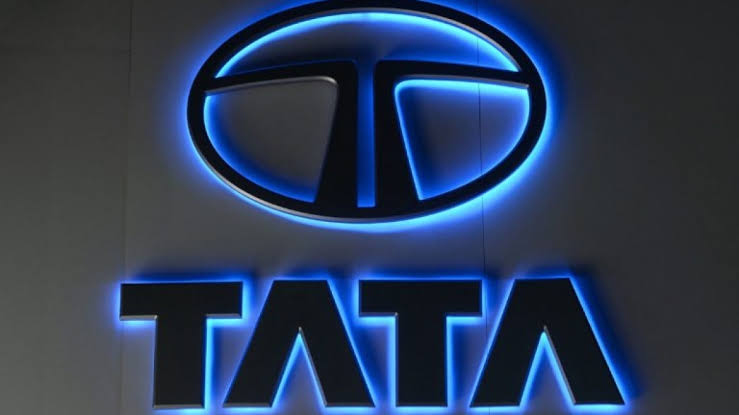
Tata Motors, a stalwart in India’s automotive sector, is making strategic maneuvers to capitalize on the evolving landscape of electric vehicles (EVs). With the recent announcement of importing Jaguar Land Rover (JLR) luxury electric cars under a new government policy, Tata is positioning itself at the forefront of the country’s electric mobility revolution.
The Policy and Tata’s Response
Under the new government policy aimed at boosting EV adoption, import taxes for companies committing to local manufacturing are significantly reduced. Tata Motors, recognizing the potential of this policy, is finalizing plans to import JLR EVs from the UK while also considering local production at a proposed $1 billion facility in Tamil Nadu, India.
This move comes on the heels of Tata’s advocacy for extended incentives on electric taxis and inclusion of personal cars in the government’s FAME program. By aligning with the government’s vision for increased EV usage, Tata aims to create a conducive environment similar to global hubs like Beijing, where EV sales are substantial.
Collaboration and Competition
Tesla, another major player eyeing the Indian market, is also expected to begin importing vehicles and invest in the country. However, Tata’s proactive approach, if realized, would make it the first local carmaker to leverage the new policy’s incentives, signaling a significant shift in the automotive landscape.
The discussions around Tata’s strategy highlight a collaborative effort within the industry, as evidenced by the recent government meeting with representatives from various automotive giants including Hyundai, Volkswagen, BMW, Mercedes, and Tesla. This collaborative spirit reflects a collective commitment to driving EV adoption and innovation.
Market Leadership and Expansion
Tata Motors’ leadership in India’s EV market is already evident, with a market share exceeding 70% and a portfolio that includes popular EV models like the Tiago, Tigor, Punch, and Nexon. The company’s stock price surge over the past five years underscores investor confidence in its electric vehicle endeavors.
Looking ahead, Tata’s roadmap includes diversifying its EV offerings with upcoming models like the Harrier EV and Curvv EV. With ambitious targets to increase EV sales to 25% by 2027 and 50% by the end of the decade, Tata Motors is poised for significant growth and market expansion.
Impact on the EV Ecosystem
Tata Motors’ strategic moves have broader implications for India’s EV ecosystem. Increased EV adoption not only contributes to environmental sustainability but also fosters technological innovation, job creation, and economic growth. The collaboration between government policies, industry players, and consumers is vital in realizing the full potential of electric mobility.
Tata Motors’ proactive stance in embracing EV opportunities reflects a forward-thinking approach to sustainable transportation. By leveraging policy incentives, investing in local production, and expanding its EV portfolio, Tata is shaping the future of India’s automotive industry. As the EV market continues to evolve, Tata Motors stands poised to lead the charge towards a greener, more sustainable mobility landscape in India.
[Word Count: 700]






